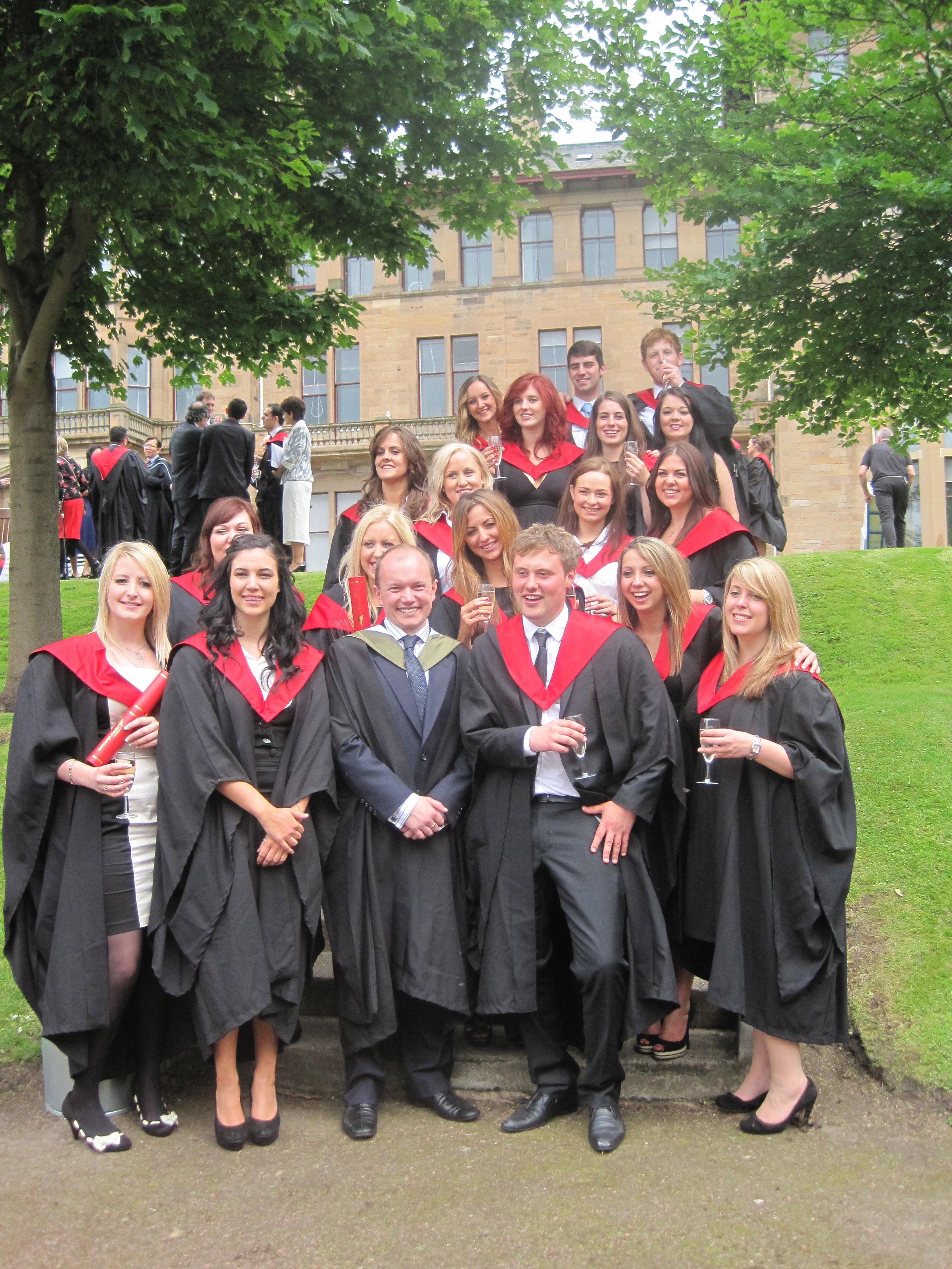Evaluation
 Life in the academy can be a study in the management of loose ends. Teaching materials are prepared and delivered across a range of modules, students undertake a range of assessments (and reassessments) and there are myriad projects and enquiries on the go at any one time. June is a time to tie up some of those loose ends though – the end of the academic year and mass distribution of marks and grades. Some of them lead to degree awards and happy students, others to the next year of study. Well done to everyone who passed their modules, congratulations to those who finished their degree.Evaluation of a different kind has been capturing the attention of academics on Twitter today as 'Rate Your Lecturer' begins to make its mark in the UK. Blog posts from Dr Peter Matthews (Reflections on teaching practice - the X Factor) and Prof Bill Cooke (We are not dancing bears: opposing Rate Your Lecturer) sum up some of the arguments. Whether opposition to the site will help see it fail to gain much traction, or if universities and education authorities will have to find ways to live with it (with some maybe even promoting it) remains to be seen. It certainly seems incumbent on academics to be aware of the site and to be able to articulate to their students the differences between it and the other forms of teaching evaluation that we currently encourage – mid and end of module questionnaires and the National Student Survey being the most important of these. Perhaps though all of these forms of information gathering are susceptible to the sort of issues highlighted in this article, which asks 'Do the best professors get the worst ratings?'. As time progresses I shall keep a weather eye on the ways Rate Your Lecturer makes its way into the mainstream of academic discussion and media coverage.In the mean time of course there's a graduation ceremony to prepare for.
Life in the academy can be a study in the management of loose ends. Teaching materials are prepared and delivered across a range of modules, students undertake a range of assessments (and reassessments) and there are myriad projects and enquiries on the go at any one time. June is a time to tie up some of those loose ends though – the end of the academic year and mass distribution of marks and grades. Some of them lead to degree awards and happy students, others to the next year of study. Well done to everyone who passed their modules, congratulations to those who finished their degree.Evaluation of a different kind has been capturing the attention of academics on Twitter today as 'Rate Your Lecturer' begins to make its mark in the UK. Blog posts from Dr Peter Matthews (Reflections on teaching practice - the X Factor) and Prof Bill Cooke (We are not dancing bears: opposing Rate Your Lecturer) sum up some of the arguments. Whether opposition to the site will help see it fail to gain much traction, or if universities and education authorities will have to find ways to live with it (with some maybe even promoting it) remains to be seen. It certainly seems incumbent on academics to be aware of the site and to be able to articulate to their students the differences between it and the other forms of teaching evaluation that we currently encourage – mid and end of module questionnaires and the National Student Survey being the most important of these. Perhaps though all of these forms of information gathering are susceptible to the sort of issues highlighted in this article, which asks 'Do the best professors get the worst ratings?'. As time progresses I shall keep a weather eye on the ways Rate Your Lecturer makes its way into the mainstream of academic discussion and media coverage.In the mean time of course there's a graduation ceremony to prepare for.